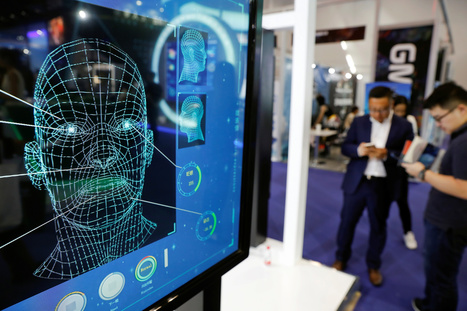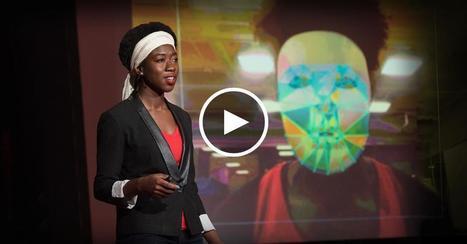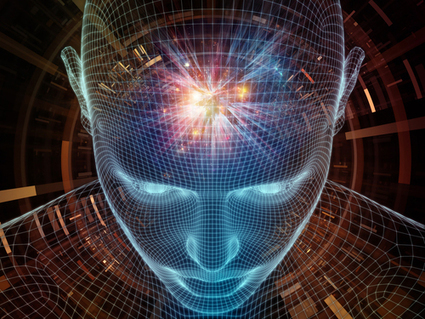From Google searches and dating sites to detecting credit card fraud, artificial intelligence (AI) keeps finding new ways to creep into our lives. But can we trust the algorithms that drive it?
As humans, we make errors. We can have attention lapses and misinterpret information. Yet when we reassess, we can pick out our errors and correct them.
But when an AI system makes an error, it will be repeated again and again no matter how many times it looks at the same data under the same circumstances.
AI systems are trained using data that inevitably reflect the past. If a training data set contains inherent biases from past human decisions, these biases are codified and amplified by the system.
Research and publish the best content.
Get Started for FREE
Sign up with Facebook Sign up with X
I don't have a Facebook or a X account
Already have an account: Login
Literacy in a digital education world and peripheral issues.
Curated by
Elizabeth E Charles
 Your new post is loading... Your new post is loading...
 Your new post is loading... Your new post is loading...
|
|














